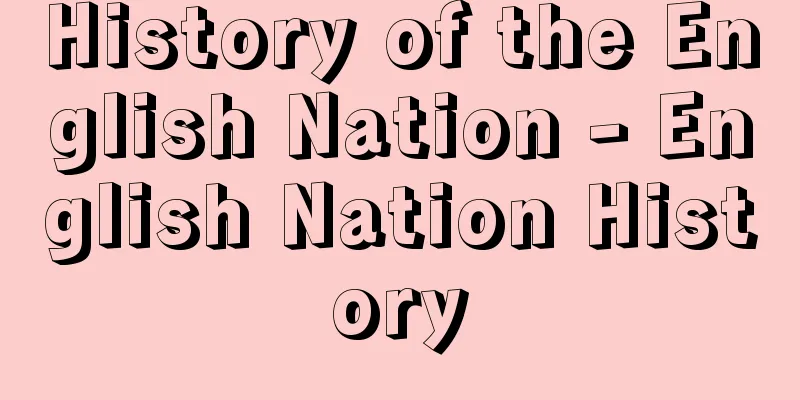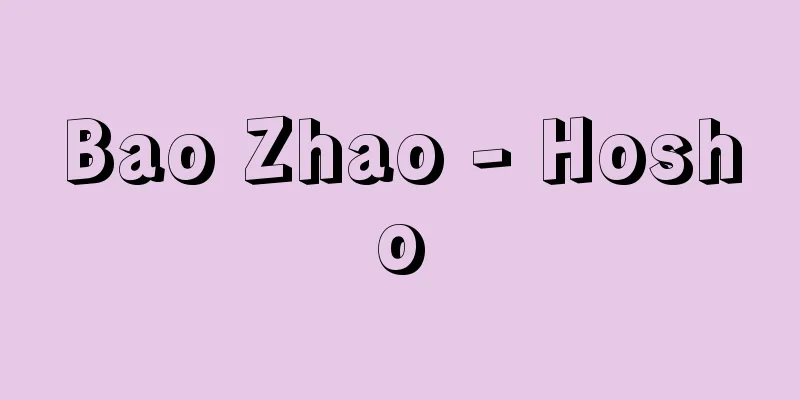Born: September 26, 1888 in St. Louis
[Died] January 4, 1965, London. British poet, critic, and playwright. Born in the United States, he became a naturalized British citizen in 1927 and converted to the Church of England. In 1948, he was awarded the Nobel Prize in Literature. With his early poems such as The Waste Land, published in The Criterion in 1922, and his first collection of essays, The Sacred Wood (1920), including "Tradition and the Individual Talent", he practiced a kind of innovative pure poetic theory and became a pioneer of modern English poetry. Around the time of his conversion, he developed a view of poetry based on a Christian worldview, and in addition to the poems that culminated in Four Quartets (43), he wrote unique verse dramas such as Murder in the Cathedral (35) and The Cocktail Party (49), as well as literary and social criticisms such as After Strange Gods (34) and The Idea of a Christian Society (39). His distinctive feature is that each of his works is organically related to one another, becoming an aspect of his entire wide-ranging activity, and his influence continues to this day in various forms. Elliot
Eliot, Charles William Born: March 20, 1834, Boston
[Died] August 22, 1926. Northeast Harbor, Maine. American educational reformer. Graduated from Harvard University in 1853, and became an assistant professor of mathematics and chemistry at the university in 1858. In 1867, he traveled to Europe to study the education system. His report on the visit caught the eye of former president H. Thomas, who led him to serve as president of Harvard University from 1869 to 1909, and raised the university's reputation to a world-class level. During his presidency, Harvard raised its admission requirements, and other major universities followed suit, raising the standard of secondary schools. In 1892, he became chairman of the Committee of Ten for the Reform of Secondary Education, organized by the NEA, and proposed reforms such as a 6-6 school system instead of the previous 8-4 system, and the taking of foreign languages and mathematics in the seventh grade. This idea was realized in the junior high school system established in 1910. His books include The Happy Life (1896), University Administration (1905), and others. Elliot
Eliot, George Born 22 November 1819, Chilvers-Coughton, Warwickshire
[Died] December 22, 1880. London. British female writer. Born Mary Ann Evans. Raised in traditional Christian faith, she eventually abandoned her faith under the influence of positivist philosophy and adopted an agnostic stance. Despite public criticism, she cohabited with the critic GH Lewis, who was married with children, and began writing novels when she was nearly 40 years old. Her style of writing is highly intellectual and moral, closely analyzing human actions from their motives to their consequences and thoroughly pursuing their moral responsibility. Her major works include Adam Bede (1859), The Mill on the Floss (60), Silas Marner (61), Romola (62-63), which is set in Italy during the time of Savonarola, and her masterpiece Middlemarch (71-72). Elliot
Eliot, John Born: 1604, Widford, England
[Died] May 21, 1690. Roxbury, Massachusetts Bay Colony. A missionary to the Native American peoples of North America (American Indians). Initially a clergyman in the Church of England, he traveled to America in 1631 and aimed to evangelize to the Native Americans, and began his missionary work in 1646. He published a translation of the Bible in the original vernacular. He considered the gospel and civilization to be the same thing, and his evangelism was successful, but his efforts were thwarted as racial conflict between whites and Native Americans intensified. His major works were "A Primer or Catechism, in the Massachusetts Indian Language" (1654), "The Christian Commonwealth" (1659), and "The Harmony of the Gospels" (1678). Elliot
Elliot, Sir Charles [Birth] 1801
[Died] 1875
British diplomat. His Chinese name was Yi Li. He was involved in negotiations between China and Britain during the Opium Wars. He was a naval officer, but was assigned to China as an attendant to W. Napier, and in 1836 became the Chief Trade Superintendent in Guangdong. From 1839 onwards, he negotiated with Lin Zexu on the opium issue. In 1841 (the 21st year of the Daoguang era in the Qing Dynasty), he negotiated the Provisional Treaty of Senbi with Qishan, in which he tried to get Qishan to accept the cession of Hong Kong and equal negotiating rights, but was deemed too compromising and was replaced by H. Pottinger. He later served as Governor of St. Helena. His cousin was G. Elliot, the British commander during the Opium Wars. Elliot
Elyot, Sir Thomas Born: c. 1490, East Coker, Somerset
[Died] March 26, 1546. Carlton, Cambridgeshire. English humanist and diplomat. His first work, The Govenour (1531), dedicated to Henry VIII, was recognized by the king, and he was sent as an ambassador to Charles V (31, 35). This work beautifully expresses the ideal of later British university education. Unusually for a scholar of his time, he wrote exclusively in English, and his works contributed greatly to the development of prose English. He also completed the first Latin-English dictionary (38). His translations of classics contributed to the spread of classics in England. Elliot
Eliot, Sir John Born: April 11, 1592, St. German, Cornwall
[Died] November 28, 1632, London. British politician. Member of the House of Commons from 1614, he led Parliament against the tyranny of King Charles I, and played a major role in submitting the Petition of Right. He was imprisoned in the Tower of London three times by Charles's order from 1626, and died in the third imprisonment in 1629. Elliot
Eliot, Sir Charles Norton Edgcumbe Born: 8 January 1862, Silford Gower, Oxfordshire
[Died] March 16, 1931. Straits of Malacca. British diplomat and orientalist. Served as commissioner to British East Africa and consul general in Zanzibar (1900-04). Later became ambassador and visited Japan (20). After resigning as ambassador, he continued to live in Japan and made an outstanding career as a Buddhist scholar. Elliot
Elliott, Ebenezer Born: March 17, 1781, Masborough, Yorkshire
[Died] December 1, 1849, Great Horton, Yorkshire. British poet famous for his Corn-Law Rhymes (1831), which criticized the Corn Laws, which protected the interests of landlords. Elliot
Elliott, George Henry [Born] 1884
[Died] 1962
British music hall comedian, known as the Chocolate-Coloured Coon, skilled in singing, dancing and pantomime. Elliot
Elliott, Jesse Duncan [Born] 1782
[Died] 1845
American naval officer who captured two British ships on Lake Erie during the War of 1812, giving the Americans their first victory. Source: Encyclopaedia Britannica Concise Encyclopedia About Encyclopaedia Britannica Concise Encyclopedia Information |










